There are some variations on which are considered the five most dangerous computer viruses of all time on the net. It is quite a subjective classification, having looked at the information on the net, we at Affordable Computer Repairs and Service provide below what we believe to be the five most dangerous viruses of all time.
Dangerous Computer Viruses
Melissa – 1999
This virus was spread through emails and was written to infect Windows 98 computers. As a mass-mailing macro virus, it shut down internet email systems as they become clogged with infected emails which spread the worm.
The creator of the worm David L Smith named it after a Miami stripper called Melissa. The reason for the name was because the file contained within Melissa had passwords for 80 pornographic websites and was simply called List.Doc.
The huge success of Melissa was because the email containing the worm appeared to have come from someone that the precipitant knew. Thus the opening rates were very high. At the height of the infection, it even caused Microsoft to close their email servers to prevent further spread of this virus. David Smith received a 10 year jail sentence of which he severed just 20 months. He was also banned from any future access to a computer.
Damage caused by Melissa has been estimated at $80 million.
ILOVEYOU – 2000
ILOVEYOU is a computer worm and is considered by many to be the most dangerous worm ever written. Spread by email it contained an attachment LOVE-LETTER-FOR YOU.TXT.vbs with the subject being ILOVEYOU. This worm caused an estimated $5.5 billion in damages. It caused the British Parliament, The Pentagon, the CIA and other major corporations having to shut down their e-mail systems. It was estimated to have cost $15 billion to remove this virus.
ILOVEYOU only infected Microsoft Windows systems. Once installed the worm overwrote important documents, images, multimedia, music etc with copies of itself. Even more damaging it sent the virus to people listed on the user’s Outlook contact list.
ILOVEYOU was also known as The Love Bug, Love Bug work and Loveletter. It was first detected in Hong Kong and quickly spread through the world. All in all it was believed that the worm affected a total of 45 million computers.
Poison Ivy – 2005
Poison Ivy is a remote access Trojan which secretly accesses computers through the backdoor and then allows the person to obtain full control over the computer. Once the computer is hijacked and the virus installed, the perpetrator can edit documents, passwords, pictures, make online purchases and even record both audio and video. Poison Ivy is spread by email and your computer could be infected without your knowledge.
The largest damage caused by Poison Ivy was to chemical and defence companies in the U.S. and other western countries.
Whilst the origin of this Trojan was traced back to China it is also popular with amateur hackers throughout the world. There are even YouTube tutorials which show how to install this virus meaning that anyone with computer skills who want eyes inside your machine has the tools to attempt this!
agent.btz – 2008
This virus is famous for stealing information from the Pentagon after it was uploaded via a thumb drive. The impact of this virus was so bad that the Pentagon had to temporarily ban USB drivers from all computers. Of most significance is that agent.btz resulted in a whole new military department being created in the U.S. with cyberwar then becoming a formal part of the U.S. military strategy.
The infected thumb drives contained malware that steals data which was transferred to servers. It was suspected that the virus was the work of spies within a foreign intelligence agency.
Conficker – 2009
The Conficker virus infected millions of Windows-based computers all around the world. The worm hijacked computers which were then remotely controlled with the aim to steal financial and other information. This virus was highly complex and thus difficult to halt. Antivirus researchers attempting to eradicate the virus named the super worm and the superbug. Conficker disabled access to antivirus sites and used scareware in an attempt to scam money through various different threats.
Damage caused by Conficker was around $9 billion.
PS If you are seeking an affordable virus removal service in Brisbane, please contact us.
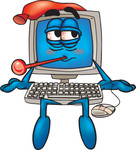


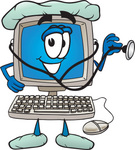
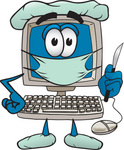
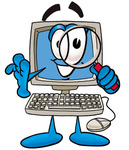
 You are now on a computer technician website. Thus if you are looking for an expert, friendly
You are now on a computer technician website. Thus if you are looking for an expert, friendly 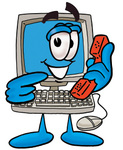

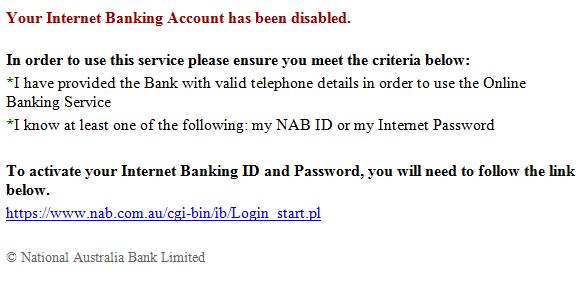

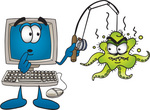


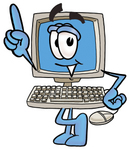
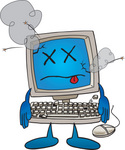 Uses Up Memory
Uses Up Memory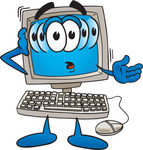 Disrupts your Computer Operation
Disrupts your Computer Operation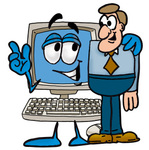
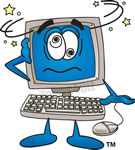 When people ask what is malware they are really asking is:-
When people ask what is malware they are really asking is:-